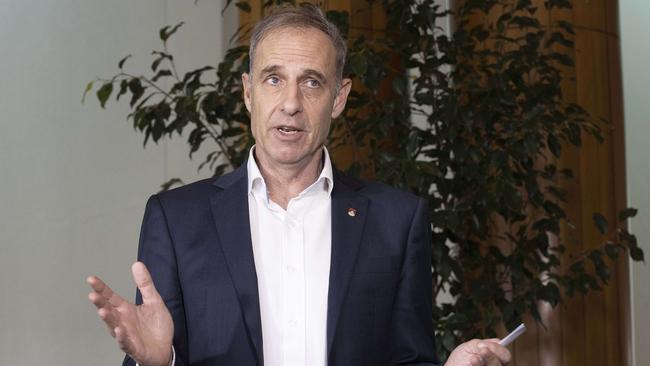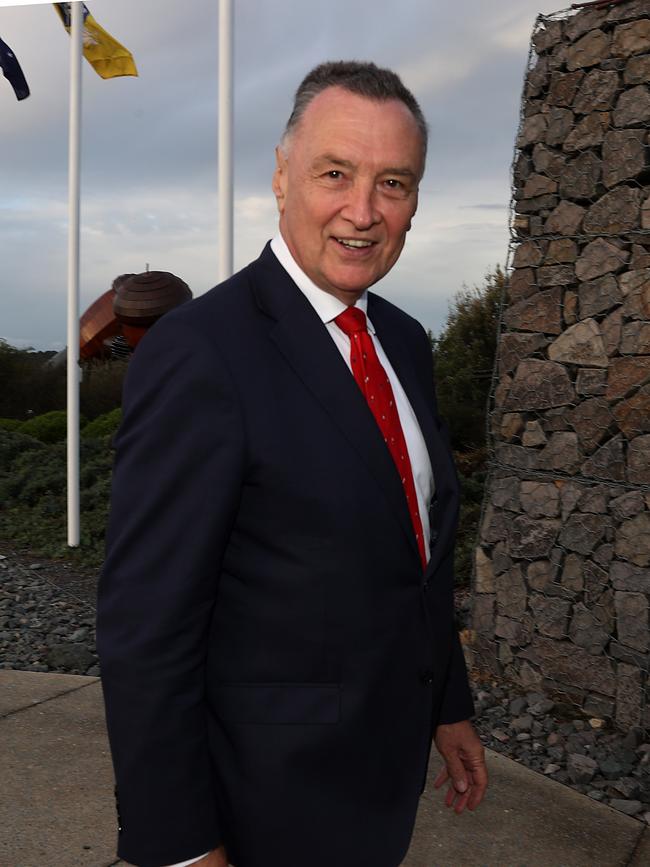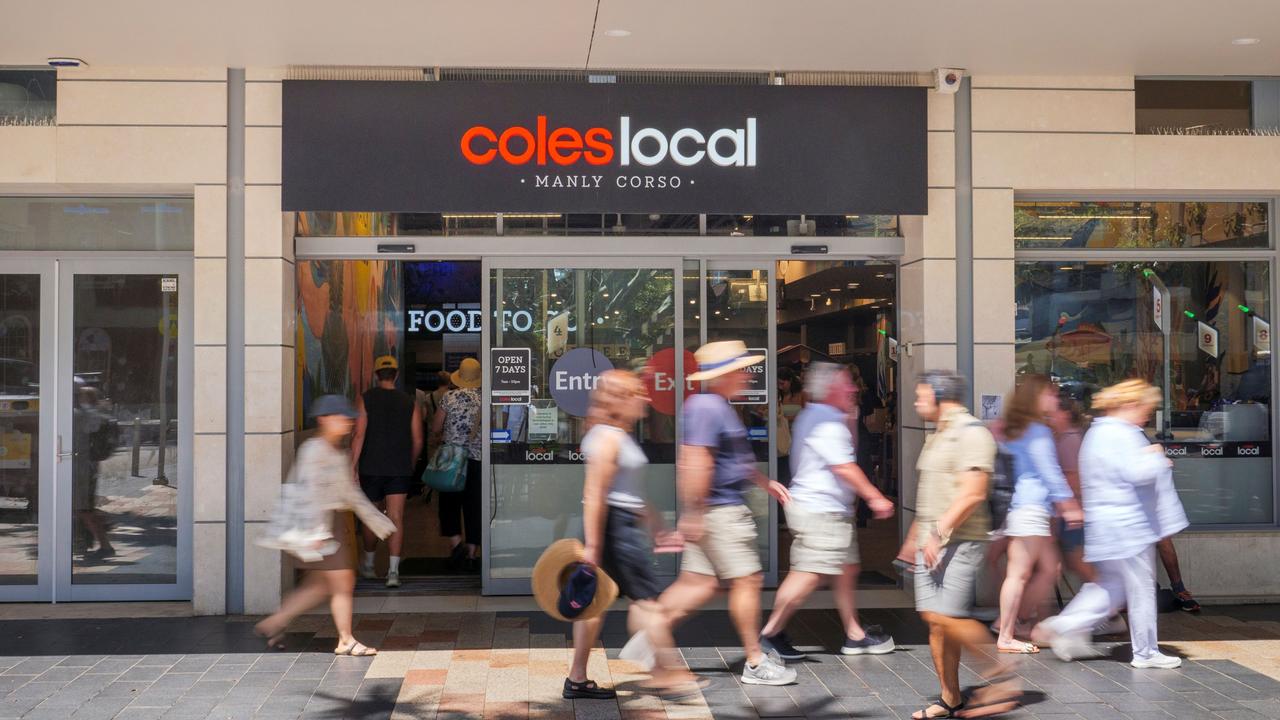It’s open season on CEOs and supermarkets

The circus has started already, with no fewer than four (count them, four!), separate inquiries or reviews into the $132bn a year supermarket and grocery sector, which continues to be dominated by the Big Two: Woolworths and Coles.
At this rate, it will be a minor miracle if supermarkets CEOs have time to run their businesses.
First, there is an inquiry by a Senate select committee set up to investigate supermarket pricing, which has been spearheaded by the Greens and which is expected to start public hearings in February.
Then, the federal government has appointed former Labor minister Craig Emerson to head a review of the Food and Grocery Code of Conduct, a voluntary code that seeks to ensure farmers and other suppliers are not being screwed over by the supermarkets.
The Australian Competition & Consumer Commission has also climbed on board, as usually tends to be the case, with Treasurer Jim Chalmers considering whether to grant the regulator additional powers that would force supermarkets to reveal what they pay for products.
The unions don’t want to be left out, either, so, they have commissioned their own inquiry into unfair practices by the grocery giants and how this may have an impact not just on customers but yes, on workers. The inquiry will be led by former ACCC chief Alan Fels – a past critic of the supermarket duopoly.

For good measure, we had Opposition Leader Peter Dutton calling recently for a boycott of Woolworths over its decision to stop selling Australia Day merchandise, in part due to the what the company said was a “broader discussion about January 26 and what it means to different parts of the community”.
Of these inquiries and reviews, the Senate inquiry will be the most combative and therefore, the one to attract the most media attention. It will be something of a free-for-all, with senators from all parties working hard at making those highly paid supermarket bosses sweat – in front of the television cameras, of course.
The tone has been set already by Greens senator Nick McKim, who stated that “Coles and Woolworths are making billions in profits by price gouging in a cost-of-living crisis. It is time to smash the duopoly”. Did I mention that Senator McKim will chair the committee?
In other words, there will be plenty of reputational timebombs to manage and as Alan Joyce and Kelly Bayer Rosemarin found out last year, a slip-up can be quite costly.
The reason for all the political point scoring is obvious – and understandable. Inflation, rising interest rates and higher energy costs over the past 12 months have had a serious impact on many Australian households, turning up the heat on our elected leaders to, well, do something.
Unfortunately for the supermarkets (but luckily for their shareholders), they have been making a lot of money in recent years, with Coles and Woolworths reporting net profits of $1.1bn and $1.62bn, respectively, in the last financial year alone.
Nevermind the sector employs more than 270,000 Australians directly. Or that Australian mums and dads, whose super funds invest in Coles and Woolworths, will get to keep a fair chunk of those profits.
With the electorate restless over daily costs, it’s open season on supermarkets and their bosses.
So, as they ready to face the long hot days in Canberra, what should our supermarket chiefs do to prepare for the inevitable political fire? Here are three starting-point suggestions that have worked in the past for clients facing the same type of political criticism:
● Have a clear and consistent narrative.
It’s an overused corporate term, but in this case, yes, it is important to have a clear and consistent narrative – supermarket chiefs need to tell their story in simple terms, explaining why they have been so successful over the past few decades.
It wasn’t always so. In the mid-1980s, for instance, Woolworths was losing money in NSW and was the subject of much speculation about a takeover from overseas buyers or even from Coles.
Good management and good service helped turn that around but it’s a story that needs to be told and retold, many times. And besides, do we want a situation where supermarkets do not make money?
● Get your customers (and suppliers) on side.
Difficult but essential. Start talking directly to your customers about profits and about prices and what you are doing to help out during tough times for many households. And follow up your words with action.
The same goes for suppliers. Talk to your supplier base, especially farmers, and whenever possible, give them the benefit of the doubt. Explain your margins in simple terms. Coles appears to have started the process, telling the media last month that for every $100 that comes into the business, investors get about $2.60.
As we say in the reputation business, third-party endorsements are gold.
● No personal point scoring.
Tempting but fraught with dangers. Just as one should never argue out loud with people who buy ink by the barrel, getting into a public stoush with a politician is highly risky. They are much more skilled at the personal insults, the clever headlines, and the memorable sound bites. Business leaders by and large are not, so, play to your strength, not to the spectator gallery.
And one bonus piece of advice: own your mistakes. If you have done something wrong or failed your customers or suppliers, come clean, preferably before you turn up in Canberra. In case you haven’t noticed, good politicians are very good at smelling fear.
Luis M Garcia is a journalist, former political adviser and was previously CEO of strategic communications firm Cannings.






If 2023 was the year when Canberra went for the jugular, figuratively speaking, of the airline and telco bosses, then 2024 will most certainly be the year of the supermarket chiefs.